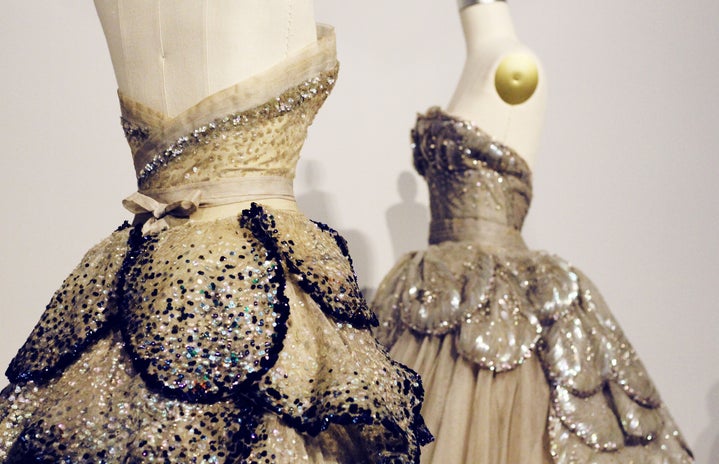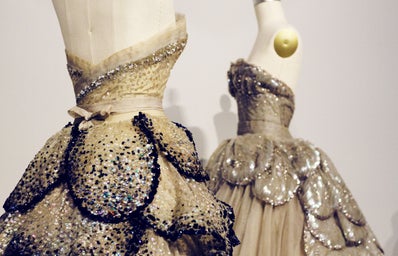In 1952, the first Miss Universe beauty pageant was held. Over 70 years later, this contest remains one of the most competitive beauty pageants worldwide. Despite the popularity of beauty pageants, they have sent a poor message for young girls: women’s value is determined by their outer appearance. In response to criticisms, Miss Universe announced new changes in August to make the competition more inclusive.
Miss Universe has sparked concerns for failing to celebrate individuality. In 2015, Miss Universe headlined the news after Steve Harvey announced that the wrong contestant won. Jessica Valenti, a feminist writer for The Guardian, pointed out “That Harvey couldn’t distinguish one pretty woman from another is almost poetic, because in pageants like Miss Universe, Miss America, and Miss USA, women aren’t individuals anyway. They’re literal symbols – unnamed besides the state or country they’re there to represent.” Women are seen as objects to look attractive to viewers. Not only do they seem to have to have the perfect body, but also flawless hair, makeup, and outfits. One study pointed out that thousands of dollars are spent on each contestant to get ready for Miss Universe with $3000 spent on the average evening gown alone. Most contestants only wear that gown once in their lifetime. Is beauty really worth spending tens of thousands of dollars on?
While the age restriction of 18-28 remains for Miss Universe, the 72nd annual Miss Universe pageant in January 2023 will allow married, divorced, single mothers, and pregnant women to compete. Miss Universe will strive to celebrate the diversity of women around the world through inspirational women sharing their stories. Many women get married and/or have children as young adults. To empower women, the beauty pageant aims to reduce stigmas surrounding motherhood and marriage in response to society valuing singlehood during early adulthood and associating it with beauty. Miss Universe wants women to have agency over their own lives and normalize various lifestyles. New changes are promising in Miss Universe achieving this goal. For instance, Andrea Meza, who won Miss Universe in 2020, expressed approval in giving more women the opportunity to participate in Miss Universe and further their careers in the entertainment industry.
I look forward to Miss Universe 2023 including women of different backgrounds, and hope that these women can inspire others through their stories and redefine beauty. However, Miss Universe seems to value tall women (the average Miss Universe winner is about 5’10) despite no height requirement, so it is important to not only change eligibility requirements, but also crown diverse women “Miss Universe” in the future.

